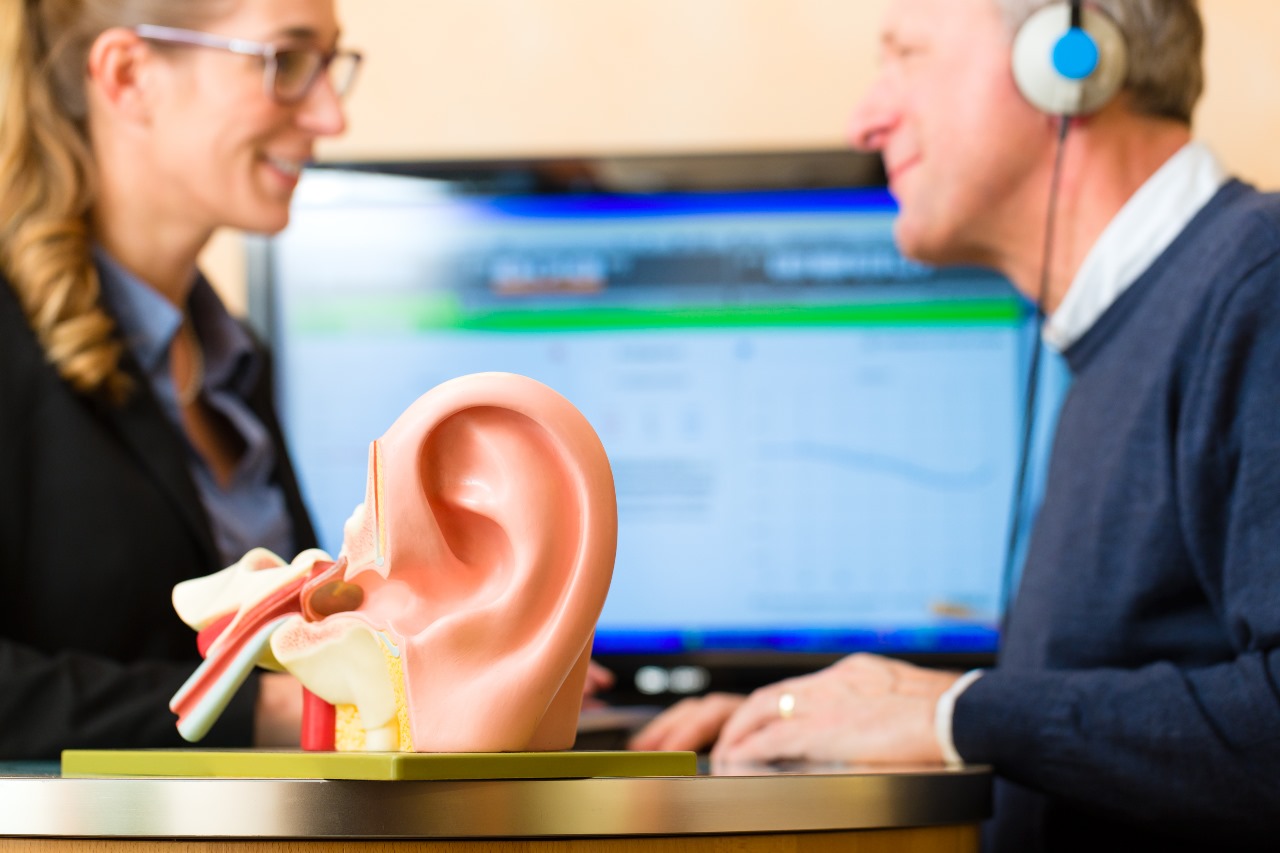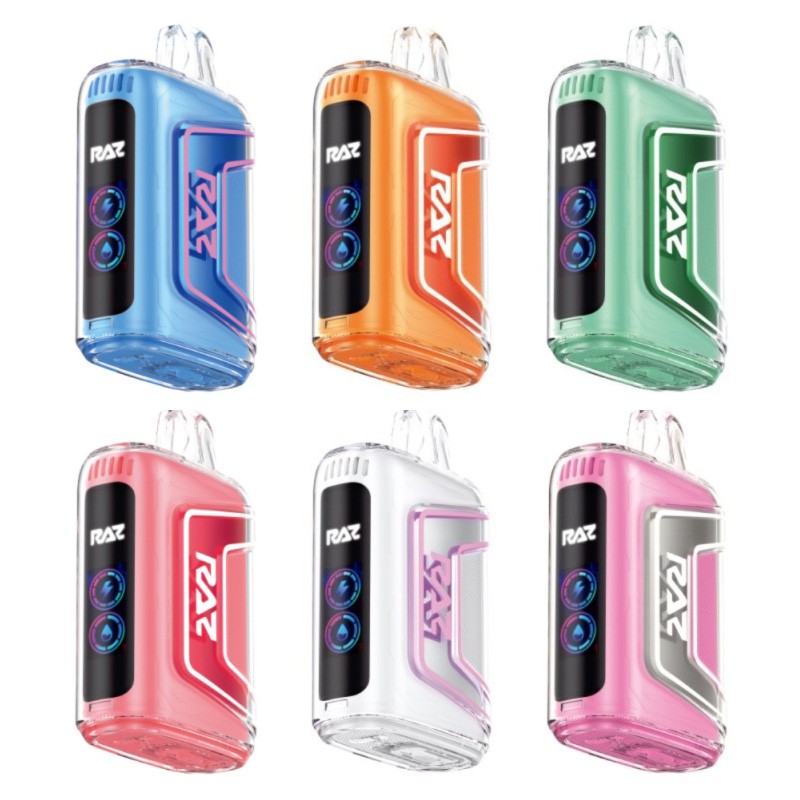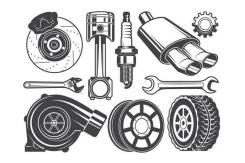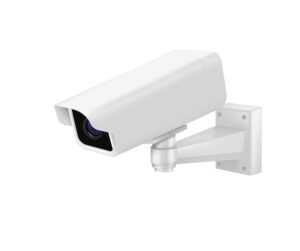Comprehensive Guide to Otoacoustic Emissions (OAE) Test in Oman – Reliable Hearing Screening at Hearing Aids Oman
Introduction: Understanding the Importance of Hearing Health
Hearing is one of the most critical senses that connect us to the world. From the moment a baby is born, sound plays an integral role in cognitive development, speech acquisition, emotional bonding, and social interaction. Detecting hearing issues early is essential—especially in infants and young children—because untreated hearing loss can significantly affect language skills and learning ability.
One of the most effective tools for early hearing screening is the Otoacoustic Emissions (OAE) Test. In Oman, this advanced and non-invasive hearing test is gaining prominence for its accuracy and speed, particularly when conducted by trusted audiological clinics like Hearing Aids Oman.
What is the OAE Test?
The Otoacoustic Emissions (OAE) Test is a specialized screening method that evaluates the function of the cochlea—specifically the outer hair cells within the inner ear. These cells produce faint sound waves in response to external stimuli, and the OAE test detects these sounds (emissions).
If these emissions are present, it suggests normal cochlear function and good hearing ability. However, if the test does not detect emissions, it could be a sign of hearing loss, ear blockage, or inner ear damage.
How Does the OAE Test Work?
The OAE test is straightforward, quick, and completely painless. Here’s how it typically works at Hearing Aids Oman:
- A small, soft probe is placed into the ear canal.
- The probe emits clicking sounds or tones.
- A sensitive microphone in the probe records the response (or lack thereof) from the inner ear.
- The entire process takes just a few minutes and requires no active participation from the patient.
Since the test does not require any response from the person being tested, it is ideal for newborns, infants, toddlers, and individuals who cannot participate in conventional hearing tests.
Why Is OAE Testing Important?
Early detection of hearing impairment is crucial. Many congenital hearing losses go undetected until they impact a child’s development. The OAE test helps ensure that such conditions are caught early. Here are some key reasons why OAE testing is important:
- Early Intervention: Detecting hearing issues early allows for timely treatment, improving language, academic, and social outcomes.
- Accurate Diagnosis: OAE is a trusted screening method supported by medical and audiology communities worldwide.
- Non-Invasive and Comfortable: There is no discomfort or risk involved, making it suitable for even the youngest patients.
- No Need for Verbal Response: Ideal for babies, children with developmental disorders, or uncooperative patients.
Who Should Get an OAE Test?
OAE testing is recommended for various groups of people. At Hearing Aids Oman, we serve individuals across all age groups with specific emphasis on the following:
1. Newborns and Infants
OAE screening is often part of the newborn hearing screening protocol in hospitals. Babies born prematurely, with a family history of hearing loss, or with complications during birth, should undergo an OAE test within the first few weeks of life.
2. Toddlers and Young Children
If a child shows signs of delayed speech or does not respond to sounds appropriately, a hearing test should be considered. OAE provides a quick way to assess their hearing health.
3. Students with Learning Difficulties
Children struggling academically or exhibiting behavioral issues in the classroom might be dealing with undiagnosed hearing problems. Early screening can make a world of difference.
4. Occupational Screening
Adults working in noisy environments or those at risk of auditory damage may also benefit from OAE tests as part of regular ear health checks.
5. Individuals with Ear Infections or Conditions
If someone is experiencing chronic ear infections, fluid in the middle ear, or other related symptoms, an OAE test helps identify potential damage or dysfunction in the cochlea.
OAE Test Process at Hearing Aids Oman
At Hearing Aids Oman, we ensure a stress-free and accurate testing experience by following a patient-centric approach:
Step 1: Pre-Test Consultation
Our experienced audiologists will evaluate your medical history and hearing concerns to determine if OAE testing is the best fit.
Step 2: The Test
The test is conducted in a quiet room using our state-of-the-art diagnostic equipment. It usually takes less than 10 minutes.
Step 3: Result Interpretation
Results are typically available immediately. If the emissions are present, it’s a strong indication of healthy hearing. Absence of emissions doesn’t always mean hearing loss but may require further diagnostic evaluation.
Step 4: Follow-Up and Treatment
If results show abnormalities, our audiologists may recommend further tests like Auditory Brainstem Response (ABR) or pure tone audiometry for a detailed assessment.
Why Choose Hearing Aids Oman for OAE Testing?
When it comes to hearing care, precision, expertise, and compassion matter. At Hearing Aids Oman, we go beyond basic testing to provide comprehensive, personalized audiological care.
Here’s what sets us apart:
- Experienced Audiologists: Certified and highly trained professionals conduct every test with care.
- Cutting-Edge Technology: We use the latest audiological equipment for accurate readings.
- Child-Friendly Environment: Our clinic is designed to be welcoming and comforting, especially for children.
- Quick Turnaround: Get reliable results on the same day.
- Comprehensive Support: From diagnosis to hearing aid fitting, we offer end-to-end services.
Common Signs That Indicate the Need for an OAE Test
Knowing when to schedule an OAE test can make a difference in early detection and treatment. Look out for these signs:
In Newborns and Infants:
- Not startling at loud noises
- No response to your voice or sounds
- Delayed babbling or speech development
In Older Children:
- Frequent asking for repetition
- Turning one ear toward the sound
- Poor academic performance
- Speaking loudly or watching TV at high volume
In Adults:
- Muffled hearing
- Difficulty understanding speech in noisy environments
- Ringing in the ears (tinnitus)
If you notice any of these signs, don’t wait—Book an OAE hearing screening in Oman with our experts today.
FAQs About OAE Hearing Test in Oman
1. Is the OAE test safe for newborns?
Yes, absolutely. The OAE test is non-invasive, safe, and painless. It is often used as a primary screening tool for newborn hearing assessments.
2. What happens if my child fails the OAE test?
Failing the OAE test does not necessarily mean permanent hearing loss. It could be due to fluid, earwax, or temporary blockage. A follow-up test or more comprehensive hearing assessment is usually recommended.
3. How long does an OAE test take?
The OAE test typically takes 5 to 10 minutes. It is quick and requires no preparation or sedation.
4. Can adults take the OAE test too?
Yes. While it’s commonly used for infants and children, adults can also undergo the test, especially if they have difficulty with traditional hearing evaluations.
5. How much does the OAE test cost in Oman?
Costs may vary depending on the clinic and additional services required. At Hearing Aids Oman, we offer affordable and transparent pricing for all our hearing tests.
Book Your OAE Test at Hearing Aids Oman Today
Early detection can prevent long-term complications and improve your or your child’s quality of life. At Hearing Aids Oman, we are committed to helping you hear better, live better.Whether you’re scheduling a routine check-up or a newborn screening, we’re here to provide expert care with compassion. Book your appointment today and take the first step toward better hearing health in Oman.













